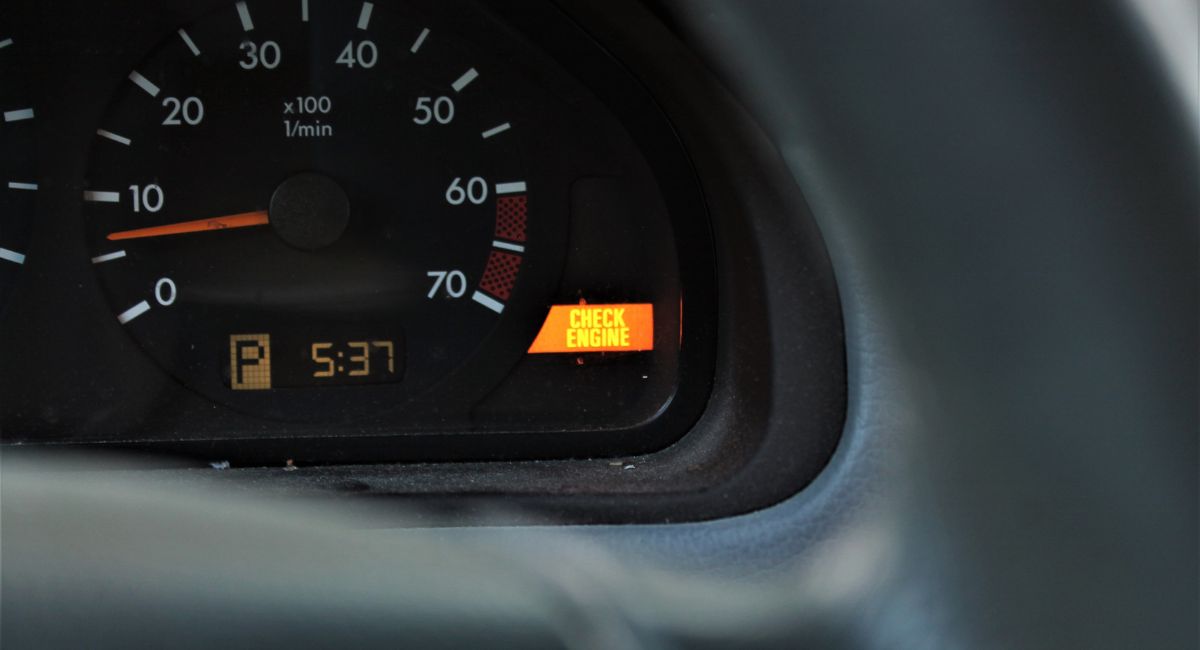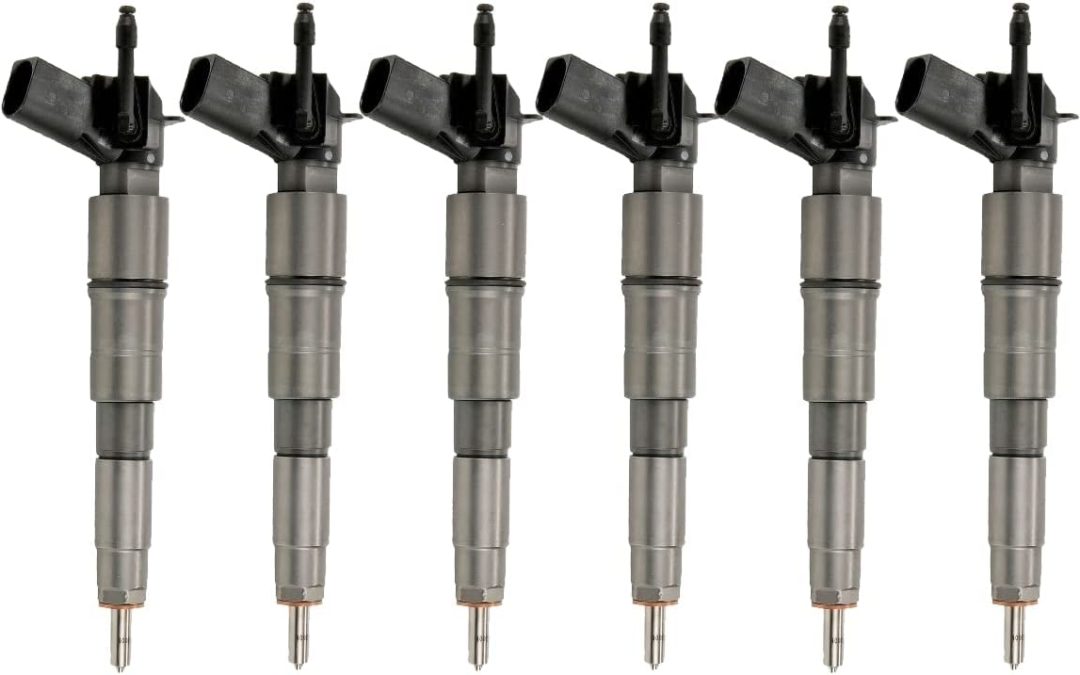The BMW X5 is a beacon of luxury in SUVs, offering top-notch performance, an aesthetically pleasing design, and innovative technology. Nevertheless, just like all machines crafted by human hands, it’s not entirely invincible to troubles and wears over time. A recurring issue often reported by the BMW X5 E70 model owners pertains to the vehicle’s fuel injectors.
This article delves deep into the matter, dissecting everything you need to know about the BMW X5 E70 injector problems. We’ll be exploring the distinctive symptoms of these problems, their root causes, and the how-tos of diagnosing, preventing, and rectifying them. In the process, we’ll also shed light on other related aspects, such as understanding your vehicle’s automatic gearbox diagnostics and the Dynamic Drive feature’s significant role in a BMW’s performance.
BMW X5 E70: A Brief Overview
Engine Options
The BMW X5 E70 was produced between 2007 and 2013 and came with various engine options, including petrol, diesel, and hybrid powertrains. The engines ranged from a 3.0-liter inline-six to a 4.4-liter V8, offering drivers a wide selection of performance levels.
Production Years
The E70 generation was the second iteration of the X5, following the E53, and was produced from 2007 to 2013. The E70 received numerous updates during its production run, including engine enhancements and improved technology features.
Common BMW X5 E70 Injector Problems
Fuel injectors play a crucial role in ensuring your engine receives the right fuel at the right time. However, they can develop issues over time, leading to various problems.
| Symptoms | Causes | Solutions |
|---|---|---|
| Reduced power, rough idle, engine misfires, fuel smell, black smoke from exhaust | Corroded high pressure line and water penetration | Remove and replace the affected fuel injector |
| Reduced power, rough idle, engine misfires, fuel smell, black smoke from exhaust | Leaking fuel injector | Replace the leaking fuel injector |
| Reduced power, rough idle, engine misfires, fuel smell, black smoke from exhaust | Clogged fuel injector | Clean or replace the clogged fuel injector |
Some of the most common BMW X5 E70 injector problems include:
Dirty Fuel Injectors
Dirt and debris can accumulate on the injector nozzle, affecting the spray pattern and the amount of fuel being delivered. This can result in reduced engine performance and increased fuel consumption.
Leaking Fuel Injectors
A leaking fuel injector can lead to a loss of fuel pressure, causing poor engine performance, increased fuel consumption, and even potential damage to the engine due to hydro lock.
Clogged Fuel Injectors
Over time, fuel injectors can become clogged with deposits and debris, restricting fuel flow and negatively impacting engine performance.
Failed Injector Seals
Damaged or worn injector seals can cause fuel leaks and air intake issues, leading to poor engine performance and increased emissions.
Symptoms of BMW X5 E70 Injector Problems
Injector problems can manifest in various ways. Some common symptoms of BMW X5 E70 injector problems include:
Poor Fuel Economy
If your X5 is experiencing injector issues, you may notice a decrease in fuel efficiency. This is often due to the injectors delivering an incorrect amount of fuel or leaking fuel.
Reduced Engine Performance
Injector problems can negatively impact your engine’s performance. You may experience a lack of power, acceleration issues, or a general decrease in overall performance.
Rough Idling
A faulty injector can cause your engine to idle roughly, as the fuel delivery is not consistent or optimal.
Misfires and Stalling
Clogged or leaking injectors can lead to engine misfires or stalling, as the engine struggles to receive the correct amount of fuel.
Check Engine Light
If your vehicle’s onboard computer detects an issue with the fuel injectors, it may trigger the check engine light.
Diagnosing BMW X5 E70 Injector Problems
To accurately diagnose injector problems, it’s essential to consult a qualified mechanic or technician who can perform a thorough inspection and use specialized diagnostic tools. They can check for fuel pressure issues, inspect the injectors for visible damage or leaks, and use diagnostic equipment to identify any fault codes related to the fuel system.
Causes of BMW X5 E70 Injector Problems
Some common causes of injector problems in the BMW X5 E70 include:
Poor Fuel Quality
Low-quality fuel can cause deposits to form on the injectors, leading to clogging or poor performance.
Lack of Maintenance
Neglecting regular maintenance, such as fuel filter changes and injector cleaning, can contribute to injector problems.
Age and Wear
Over time, injectors can wear out or become damaged, leading to various issues, including leaks and poor performance.
How to Prevent BMW X5 E70 Injector Problems
Taking preventive measures can help minimize the risk of injector problems. Some tips include:
- Use High-Quality Fuel: High-quality fuel can help prevent deposits from forming on the injectors, reducing the risk of clogging.
- Regular Maintenance: Follow your vehicle’s recommended maintenance schedule, including changing the fuel filter and cleaning the injectors as needed.
- Replace Worn Components: Keep an eye on the condition of your injectors and replace them if they show signs of wear or damage.
How to Fix BMW X5 E70 Injector Problems
Depending on the severity of the problem, fixing injector issues may involve:
- Clean the Injectors: A professional fuel injector cleaning service can help remove deposits and improve performance.
- Replace Damaged Injectors: If an injector is damaged or worn beyond repair, it will need to be replaced with a new one.
- Replace Injector Seals: Replacing the injector seals can help prevent fuel leaks and air intake issues if the injector seals are damaged or worn.
Conclusion
Despite the absolute reliability and superior performance of the BMW X5 E70, it’s essential to be mindful that issues, particularly with the fuel injectors, can materialize throughout the vehicle’s life. By acquiring a comprehensive understanding of these common injector problems, along with their symptoms and root causes, you can take the wheel in adopting preventive strategies.
Such a proactive approach can help nip issues in the bud, thus preserving the optimum performance and fuel economy of your vehicle. Awareness of other vehicle elements, like the often-overlooked cabin air filter, and knowing how much scrap yards pay for a car can give you an edge in maintaining your vehicle and making informed decisions when necessary.
In addition, staying informed about common issues in other BMW models, such as the BMW 3 Series E46, will enable you to diagnose and troubleshoot potential problems more effectively. After all, a well-maintained vehicle is the secret to enjoyable and worry-free drives.
FAQ
How do I know if my BMW injectors are bad?
If your BMW injectors are bad, you may experience poor engine performance, increased fuel consumption, rough idling, misfires, stalling, or the check engine light may come on. Diagnosing a bad injector usually requires specialized equipment, so it’s best to have your vehicle checked by a professional.
How much are injectors for BMW X5?
The cost of injectors for a BMW X5 can vary depending on the model year, engine type, and where you purchase them. On average, expect to pay between R1500 to R3000 per injector. Labor costs for installation will be additional, so check with a reputable service center for a complete quote.
What are the symptoms of failing injectors?
Symptoms of failing injectors can include poor engine performance, increased fuel consumption, rough idling, misfires, stalling, difficulty starting the engine, and a check engine light coming on. It’s essential to address injector issues promptly to prevent further damage to the engine.
Why do BMW fuel injectors fail?
BMW fuel injectors can fail for several reasons, such as dirt or debris in the fuel system, corrosion, manufacturing defects, or wear and tear from everyday use. Regular maintenance and using high-quality fuel can help minimize the risk of injector failure.
What happens when one injector fails?

When one injector fails, it can cause the engine to misfire, leading to poor performance and reduced fuel efficiency. The engine control module (ECM) may also detect the issue and trigger the check engine light. It’s important to address a failing injector promptly to prevent further damage to the engine.
How do you test if injectors are blocked?
To test if injectors are blocked, a professional mechanic can perform a fuel injector flow test, which measures the amount of fuel each injector delivers. This test can help identify any injectors that may be clogged or not functioning properly.
What do bad injectors sound like?
Bad injectors can produce a variety of sounds, including a ticking noise, a knocking sound, or a rough engine idle. If you notice any unusual sounds coming from your engine, a professional must inspect your vehicle to determine the cause.
Is it OK to drive with a faulty injector?
It’s not advisable to drive with a faulty injector, as it can lead to poor engine performance, reduced fuel efficiency, and potential damage to other engine components. If you suspect a problem with your fuel injectors, it’s best to have your vehicle inspected and repaired as soon as possible.
Is it better to clean or replace fuel injectors?
Whether to clean or replace fuel injectors depends on the severity of the problem and the specific vehicle. In some cases, cleaning the injectors can resolve the issue and restore proper performance. However, replacement may be the best option if the injectors are damaged or severely clogged. A professional mechanic can assess your injectors and recommend the most appropriate action.


